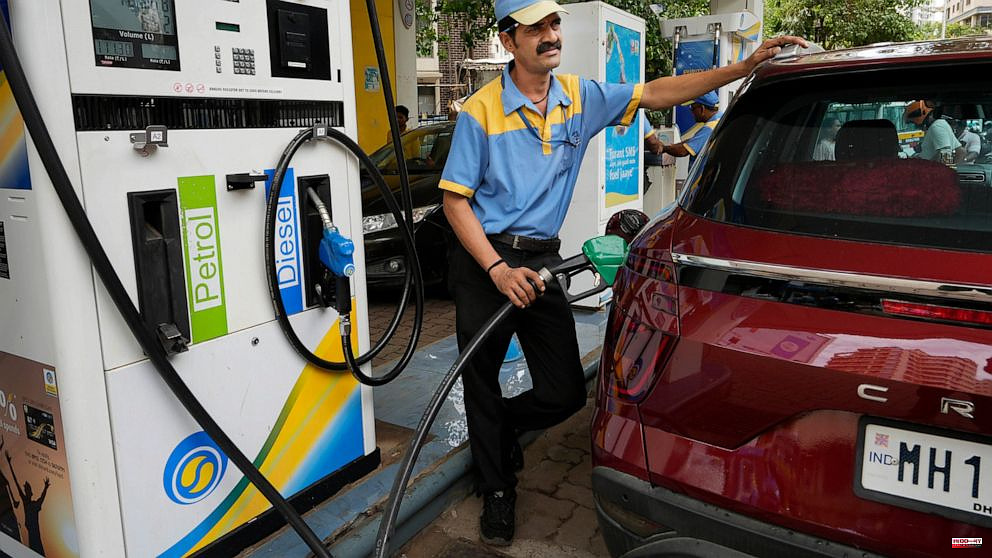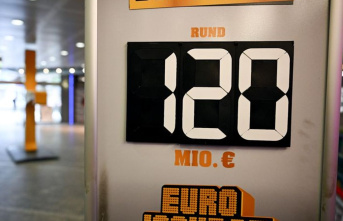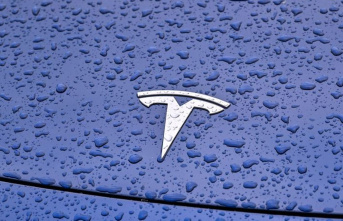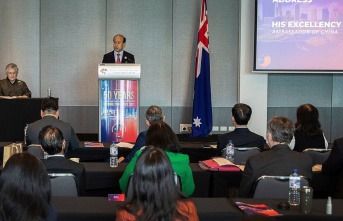NEW DELHI -- India, and other Asian countries are becoming a vital source of oil revenue for Moscow despite strong US pressure not to increase their purchases. The European Union and other allies have cut off energy imports form Russia as a result of sanctions imposed on the country over its war against Ukraine.
These sales boost Russian export revenues, even as Washington and its allies try to restrict financial flows that support Moscow's war effort.
The Helsinki-based Centre for Research on Energy and Clean Air, a think tank, released Monday a report that said Russia made 93 billion euros ($97.4billion) from fossil fuel exports during the first 100 days after its invasion of Ukraine. This was despite lower export volumes in May.
It stated that 40% of federal budget revenue comes from fossil fuel exports.
According to Kpler, India is an oil-hungry nation of 1.4 billion people and has consumed nearly 60 million barrels so far in 2022. This compares with 12 million barrels in all 2021. However, the volume of oil shipped to Asian countries like China has increased in recent months, but to a lesser degree.
Interview with The Associated Press: Sri Lanka's prime Minister said that he might be forced to buy more oil from Russia because he is desperate for fuel to keep the country going during a severe economic crisis.
Ranil Wickremesinghe, Prime Minister, said Saturday that he would look at other sources first but would also be open to purchasing more crude oil from Moscow. To restart its sole refinery, Sri Lanka purchased a 90,000-metric ton (99,000-ton), shipment of Russian crude oil in May.
Russia is looking to diversify its exports. On Monday, Marat Pavlov, the Russian Ambassador to Philippines, met Ferdinand Marcos Jr. and offered Moscow assistance in providing oil and gas. He didn't specify the terms.
Marcos Jr.'s six-year term will begin June 30. He did not indicate if he was open to the offer.
The Russian invasion of Ukraine in February has seen oil prices rise dramatically. This is why refiners in India, and other countries, are tempted to tap oil Moscow offers at steep discounts of $30- $35. These discounts compare with Brent crude oil and other international oil currently trading at around $120 per barrel.
After the European Union (27-nation bloc), the main market for fossil fuels, which supplies most of Moscow's income abroad, agreed to stop oil purchases at the end of the year, their importance increased to Russia.
Matt Smith, Kpler's lead analyst for tracking Russian oil flows, said that "it seems like a distinct trend has become ingrained now." As the shipments of Urals oil to Europe are reduced, crude oil is flowing to Asia where India has been the largest buyer. China was second. According to ship tracking reports, Turkey is another important destination.
Smith stated that India is a great refining hub. "People are realizing India is such an affordable place to buy crude oil, refine it, and send it out as clean products, because they can make such strong margins," Smith said.
About 30 Russian oil tankers carrying crude oil made their way to India in May. They unloaded approximately 430,000 barrels each day. According to the Centre for Research on Energy and Clean Air, an average of 60,000 barrels per days arrived in January and March.
China's state-owned and independent refiners have increased their purchases. According to the International Energy Agency, China was the biggest single buyer of Russian oil in 2021. It bought an average of 1.6 million barrels per hour, which were equally split between seaborne and pipeline routes.
Although India's imports still make up only a quarter, the rapid increase in imports since the war began could cause friction between Washington DC and New Delhi.
After a meeting between U.S. foreign and defense ministers, Antony Blinken stated that the U.S. recognized India's need to have affordable energy. However, he said that "we're looking at allies and partners to not increase their purchases Russian energy."
According to Treasury Secretary Janet Yellen, both the U.S. as well as its European allies are currently engaged in "extremely active discussions" on coordinating measures to attempt to limit the price of Russian oil.
She stated that the goal would be to keep Russian oil flowing to the global market in order to stop crude oil prices from rising further, which is already at 60%.
"Absolutely the objective is to reduce the revenue going to Russia," Yellen stated, indicating that the strategy was still being worked out.
Europe may be able to find other sources for 60% of Russia's crude oil exports. Russia has its own options.
Subrahmanyam Jaishankar (India's foreign minister) has stressed his country's determination to do what is best for its interests while ignoring criticisms about its imports from Russia.
"If India is funding Russian oil, then tell me that Russian gas purchases are not funding the war." He said this at a forum in Slovakia recently, referring specifically to Europe's Russian gas imports.
India imported crude oil from Russia at an average rate of 100,000 barrels per hour in February, 370,000 per day in April and 870,000 in May.
An increasing number of these shipments have displaced oil from Iraq, Saudi Arabia, and most of it going into refineries in Jamnagar and Sika on India's west coast. Reliance Industries' Jamnagar crude oil refinery processed less than 5% Russian oil up until April. According to Centre for Research on Energy and Clean Air, it was more than 25% in May.
India's oil product exports, including diesel, have increased to 685,000 barrels per hour from 580,000 barrels per person before the invasion. Most of India's diesel exports are sold to Asia. However, 20% were shipped via the Suez Canal and headed for Europe or the USA, according to Lauri Myllyvirta (CREA lead analyst).
He said that it is impossible to determine the exact amount of Russian crude oil in the refined products shipped from India. He said that India is still providing an outlet for Russian crude oil to enter the market.
China's imports have also risen this year, helping Russian President Vladimir Putin record a current accounts surplus of $96 billion in the four-months ending April.
It is not clear if these exports will eventually be subject to sanctions to reduce the flow of cash to Russia.
Concerning sanctions: "Are they effective?" Myllyvirta stated that sanctions are effective. If not, how can the oil market work around them.
------
Kurtenbach reported in Bangkok. Jim Gomez contributed to this report from Manila, Philippines.












